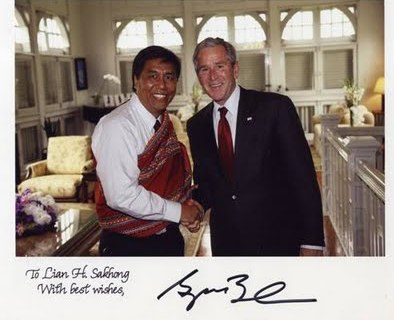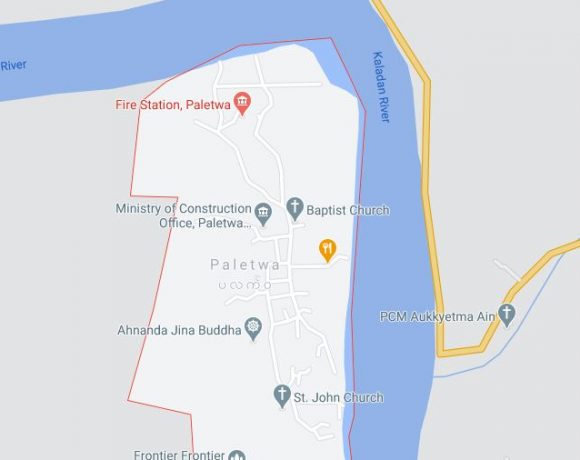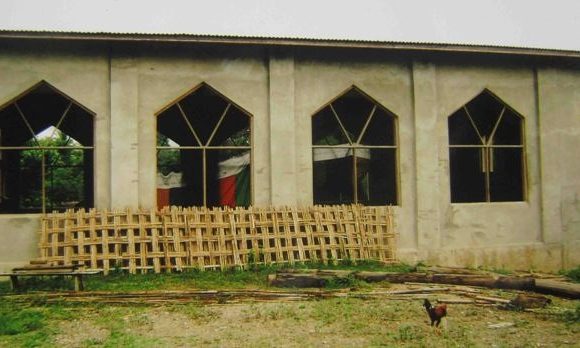New Burma Think Tank to Focus on Ethnic Issues

12 February 2012: A new think tank devoted to the study of ethnic issues has been created to promote peace and reconciliation in Burma as the war-torn Southeast Asian nation faces the difficult challenges of ending one of the world’s longest armed conflict.
The Burma Center for Ethnic Studies (BCES) was founded as an independent policy institute to generate ideas on democracy, human rights and federalism as an effective vehicle for peace and reconciliation in the Union of Burma, according to the group’s statement.
BCES founder and Director Dr. Salai Lian H. Sakhong said,”For the last 60 years, armed struggle has enabled the ethnic people to protect their identities, cultures and languages from assimilation policy of Burman-dominated central governments. Looking forward beyond armed struggle, what mechanism can we as the ethnic peoples employ to protect ourselves? The Center aims to meet these important challenges.”
As part of its larger mission to promote peace and reconciliation in Burma, the group also aims to promote constitutional knowledge, the rule of law and good governance. It will also try to expand and consolidate the network of organizations and leaders to promote autonomy and internal self-determination within a federal arrangement as a means of addressing and ending ethnic armed conflict in the Union of Burma.
A long-time ethnic rights advocate and scholar Dr. Sakhong said, “People of both Burman and non-Burman backgrounds need to know about the last 60 years of ethnic struggle so that they can understand why this was allowed to happen in order to move forward on the path of genuine national reconciliation.”
The Center has published policy briefings and analysis papers, but it also sets an ambitious aim to compile comprehensive historical records of ethnic armed struggle, including biographical accounts of ethnic leaders since the time of Burma’s independence.
“These records will be something our children and grandchildren can look back on to understand why their forefathers had sacrificed their lives to protect their cultures, languages and traditions, and hopefully carry forward with the will and determination to preserve their identities in the post-conflict period,” Dr. Sakhong said.
The BCES says it will soon launch a website where people can access information and materials relating to the ethnic issues, as well as contribute opinions and debates from different stakeholders.






